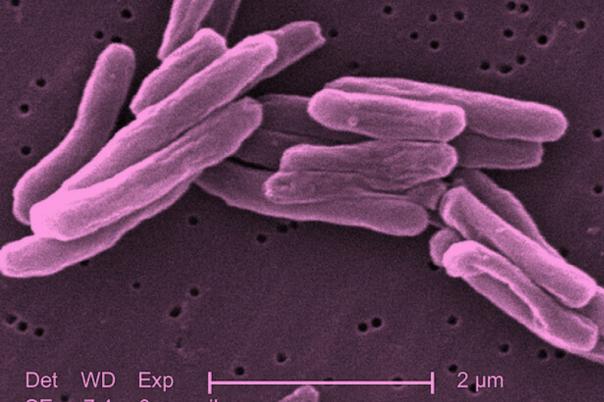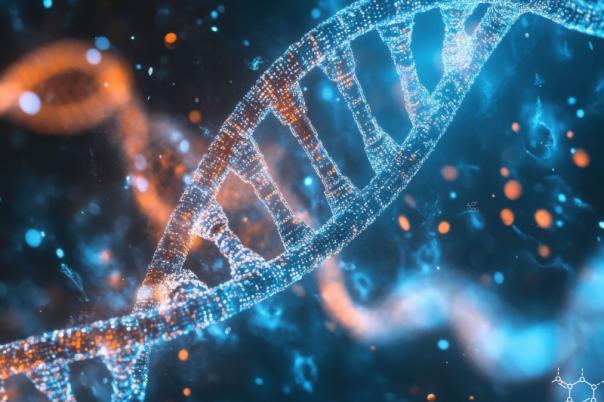Personalised nutrition is an emerging field focused on tailoring dietary recommendations to individual characteristics such as genetics, metabolism, and eating behaviours. However, a significant challenge in this area is the inaccuracy of self-reported dietary data, which can differ from actual intake by as much as 33–80%. To overcome this, Dr Isabel Garcia Perez’s research uses urinary metabolic phenotyping which involves analysing urine samples with nuclear magnetic resonance to objectively assess both what people eat and the quality of their diets.
In controlled clinical trials, participants followed diets with varying adherence to WHO guidelines, and their urine was analysed to create metabolic fingerprints. These fingerprints reliably distinguished between healthy and unhealthy diets and were validated in real-world populations, revealing frequent discrepancies between self-reported and actual intake. The method was further refined to use fasting urine samples, making it practical for long-term monitoring.
Importantly, the research highlights significant individual variability in dietary response. Even when two people have the same overall dietary score, their specific nutritional needs and metabolic responses can differ. This variability is not explained by age, gender, or body composition, underscoring the need for truly personalised approaches. The team has developed digital tools and apps to make these insights accessible, empowering both clinicians and individuals to make more informed dietary choices.
Ultimately, this work demonstrates that objective, technology-driven assessment is essential for effective personalised nutrition. In a nutshell, these approaches have the potential to improve health outcomes and democratise access to tailored dietary advice.





